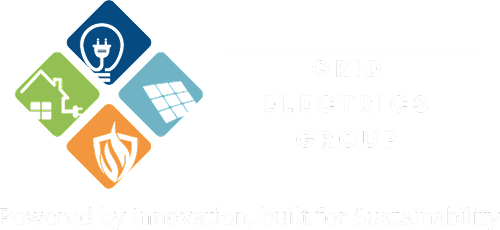Smart Solar: Maximising EV Charging Efficiency and Sustainability
In the pursuit of maximising the benefits of solar power, especially in the context of electric vehicle (EV) charging, understanding the economic and environmental implications of energy consumption and generation is vital. The significant disparity between buying electricity at 30c/kWh and selling surplus solar back to the grid at 7c/kWh underscores the importance of strategic energy usage to minimise expenses and reduce environmental impact.
The transition to electric vehicles introduces unique challenges, particularly in optimising the charging process. Standard chargers that come with EVs provide a basic charging solution but fall short of efficiency goals. While DC fast charging stations offer quick charging times, they are more suited for commercial settings and short-term solutions due to their higher charging speeds above 50kW, which are ideal for on-the-go situations but not necessarily aligned with sustainable daily use.
To address these challenges and enhance the efficiency of our solar utilisation, our Head of Operations, David Bektashev has integrated advanced wall chargers at our employees’ homes and is planning to install one on our workplace building, designed for significantly higher charging speeds. These advanced chargers, despite their potential for high output, are used within the specific limitations of our current EV models’ inverters. This approach ensures we maximise efficiency and adhere to our goal of minimising our carbon footprint by aligning our charging practices with periods of excess solar generation.
For households and businesses aiming to leverage solar power effectively, it’s essential to develop systems and routines that prioritise the use of solar-generated electricity for EV charging during peak solar production periods. This strategic approach significantly reduces reliance on grid electricity, which is both costly and less environmentally friendly.
Intelligent energy management systems can play a crucial role in achieving this goal by monitoring solar production in real-time, evaluating energy consumption patterns, and automatically adjusting the charging of electric vehicles to periods of surplus solar generation. This strategy not only leads to substantial savings on electricity bills but also enhances the sustainability of energy usage by minimising the environmental footprint associated with electric vehicle charging.
Adopting such a forward-thinking approach towards energy consumption underscores the importance of integrating renewable energy sources into our daily lives and the need for innovative solutions to maximise their potential for both financial savings and environmental stewardship.



